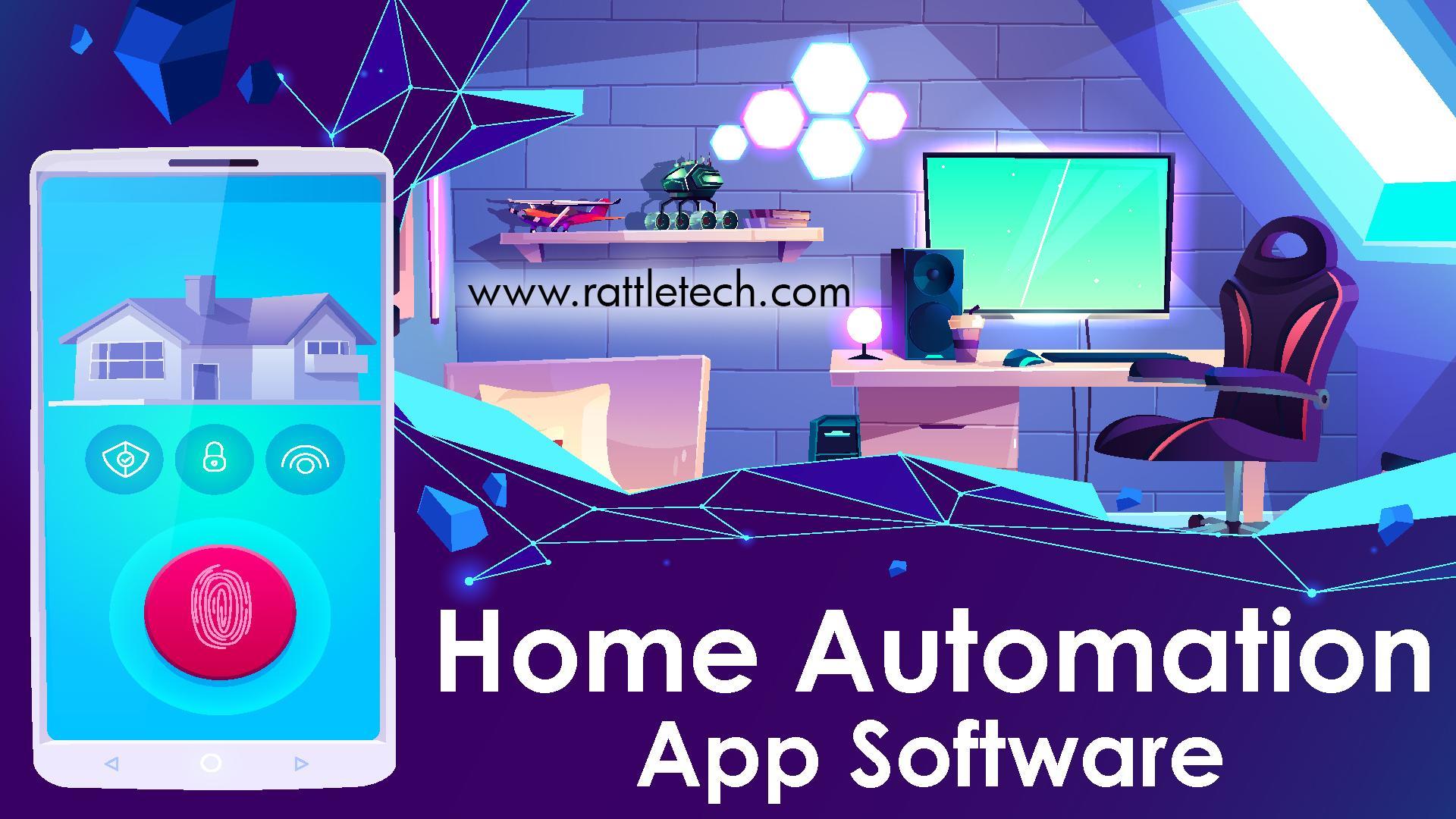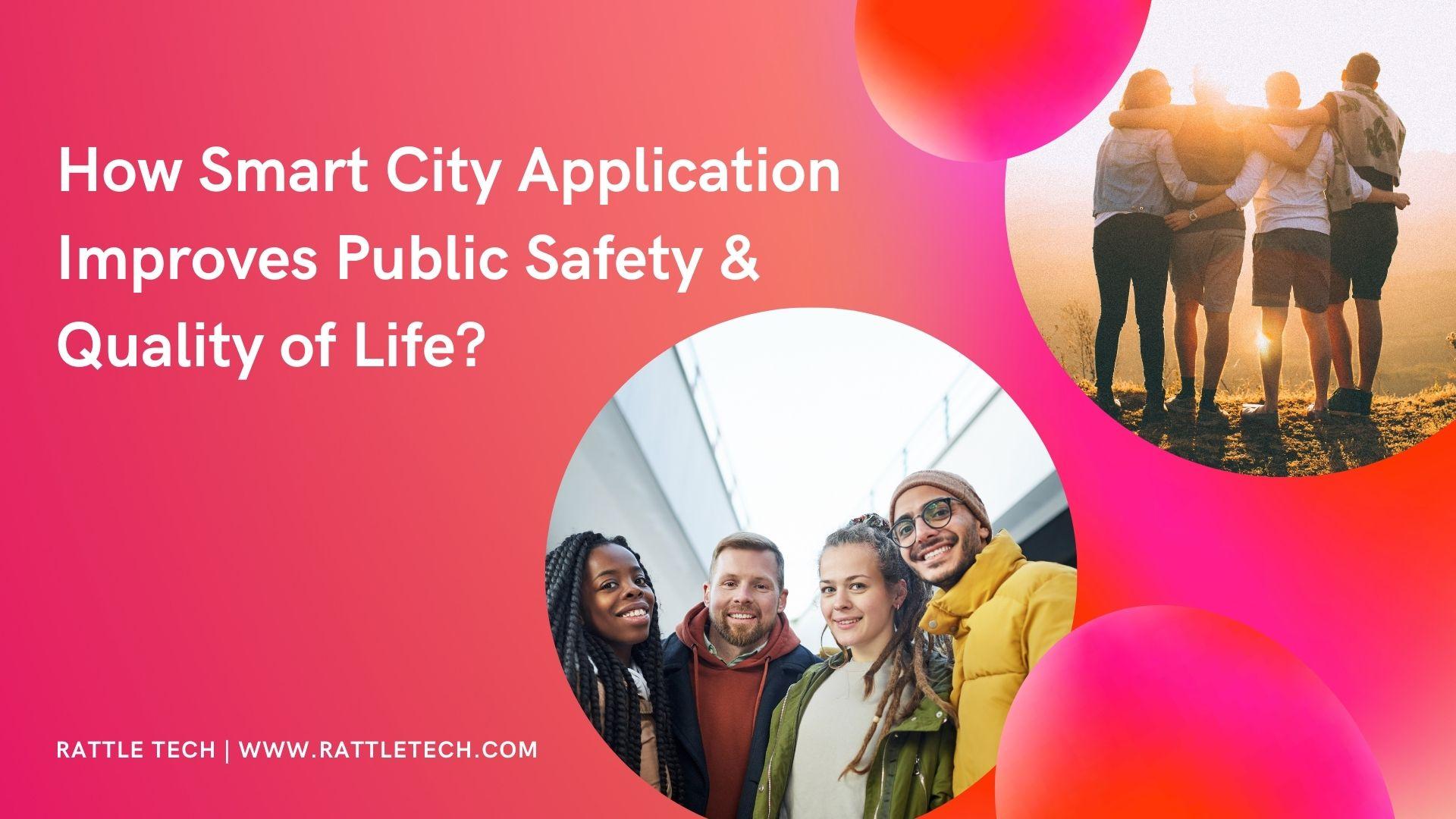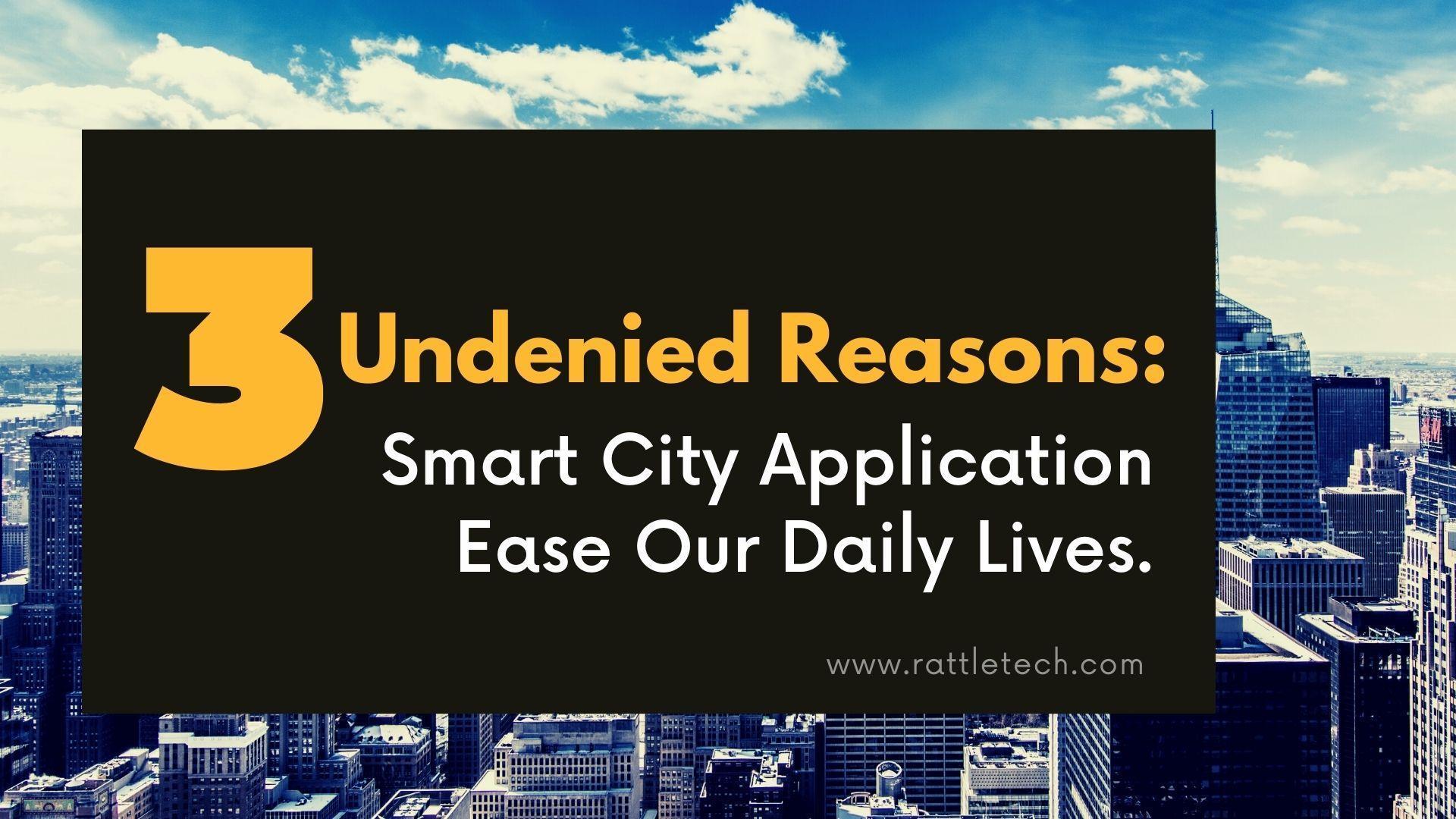A smart city is one that leverages IoT technology to increase efficiency and improve the quality of services and life for its residents. Smart city initiatives can cover anything from power distribution, transport systems, street lights, and even rubbish collections. The idea is to use data and technology to make everyday life easier and better for the people who live and work in the city, while maximizing the use of resources.
More and more of us are living in cities the UN predicts that 68 percent of the world’s population will live in urban areas by 2050. And this means our cities are facing growing environmental, societal, and economic challenges. By making cities smarter, we can overcome some of these challenges and make cities better places to live. One report by McKinsey Global Institute found smart city technology can improve key quality of life indicators – such as the daily commute, health issues, or crime incidents by 10 to 30 percent.
This is all possible thanks to a “perfect storm” of technology trends – trends that allow us to create spaces in which humans and technology interact in a more connected, intelligent, and automated way. Think of trends such as artificial intelligence, big data, the Internet of Things (IoT), and autonomous vehicles. Combined, advances like these are changing the world and how we live in it. Our cities are no exception.
Five Ways that technology is changing our cities
1. Keeping traffic flowing
Traffic is the bane of many a city-dweller’s life, but technology offers some promising solutions. For example, public transport routes can be adjusted in real-time according to demand, and intelligent traffic light systems can be used to improve congestion. In the Chinese city of Hangzhou, an AI-based smart “City Brain” has helped to reduce traffic jams by 15 percent.
2. Using city resources more efficiently
Mobile and broadband company Telefonica has been investing heavily in smart city technology in its home country, Spain. In one example, sensors are attached to refuse containers to report, in real-time, how full they are – which means refuse collectors don’t have to waste time traveling to bins that are only half-full. It also means KPIs can be more closely tied to bottom-line impact, such as how many bins are close to overflowing and won’t be emptied within the next few hours. This is far more meaningful than measuring abstract factors, like how many waste collection trucks are out on the road.
3. Improving energy efficiency
As well as investing in clean energy sources, smart cities also use technology to help closely monitor real-time energy use and reduce energy consumption. For example, in Amsterdam, homes are being provided with smart energy meters that are designed to incentivize reduced energy consumption, and the city of Schenectady, New York is upgrading its street lights to LED technology, which allows the lights to be adjusted or dimmed based on real-time data.
4. Making cities safer
Thanks to the vast spread of Wi-Fi connectivity, IoT technologies, and CCTV cameras, cities are able to harness technology to improve resident safety and boost incident response times. In New Orleans, for example, real-time video data from Bourbon Street is analyzed in order to better track and allocate resources on the ground, and improve public safety.
Encouraging greater collaboration with citizens
One of the really exciting things about smart city technology is that it encourages residents to get more involved. Common examples include apps that allow citizens to report local issues more easily, or community networking platforms that allow neighbors to connect and share resources. In another example, a low-cost environmental testing kit is encouraging residents to collect local environmental data. The Smart Citizen Kit can be placed in locations like balconies and window sills to gather data on the local environment, including air pollution and noise. The data is streamed to an online platform, effectively creating a crowdsourced map of data from all over the world.







